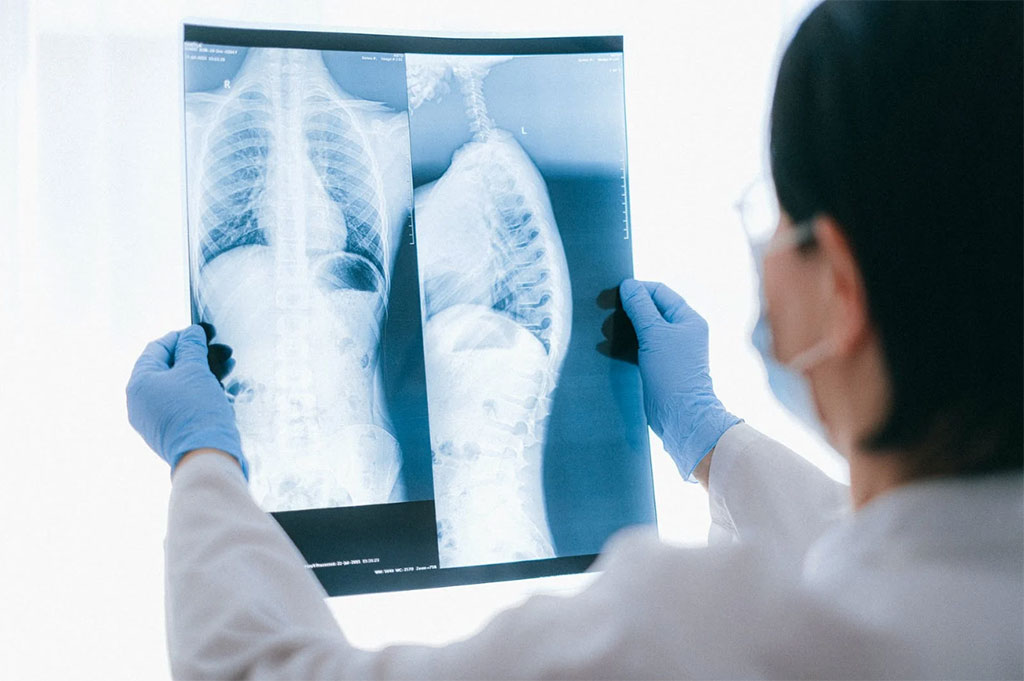‘Covid Computer’ Uses AI to Detect COVID-19 from Chest CT Scans
Posted on 04 Jul 2022
Currently, the diagnosis of COVID-19 is based on nucleic acid testing, or PCR tests as they are commonly known. These tests can produce false negatives and results can also be affected by hysteresis – when the physical effects of an illness lag behind their cause. Artificial intelligence (AI) offers an opportunity to rapidly screen and effectively monitor COVID-19 cases on a large scale, reducing the burden on doctors. Now, researchers have created a new AI tool that can detect COVID-19. The software analyses chest CT scans and uses deep learning algorithms to accurately diagnose the disease. With an accuracy rate of 97.86%, it is currently the most successful COVID-19 diagnostic tool in the world.
Researchers from the University of Leicester (Leicester, UK) who developed the new AI tool will now further develop this technology in the hope that the Covid computer may eventually replace the need for radiologists to diagnose COVID-19 in clinics. The software, which can even be deployed in portable devices such as smart phones, will also be adapted and expanded to detect and diagnose other diseases (such as breast cancer, Alzheimer’s Disease, and cardiovascular diseases).

"Our research focuses on the automatic diagnosis of COVID-19 based on random graph neural network. The results show that our method can find suspicious regions in the chest images automatically and make accurate predictions based on the representations," said Professor Yudong Zhang, Professor of Knowledge Discovery and Machine Learning at the University of Leicester. "The accuracy of the system means that it can be used in the clinical diagnosis of COVID-19, which may help to control the spread of the virus. We hope that, in the future, this type of technology will allow for automated computer diagnosis without the need for manual intervention, in order to create a smarter, efficient healthcare service."
Related Links:
University of Leicester














